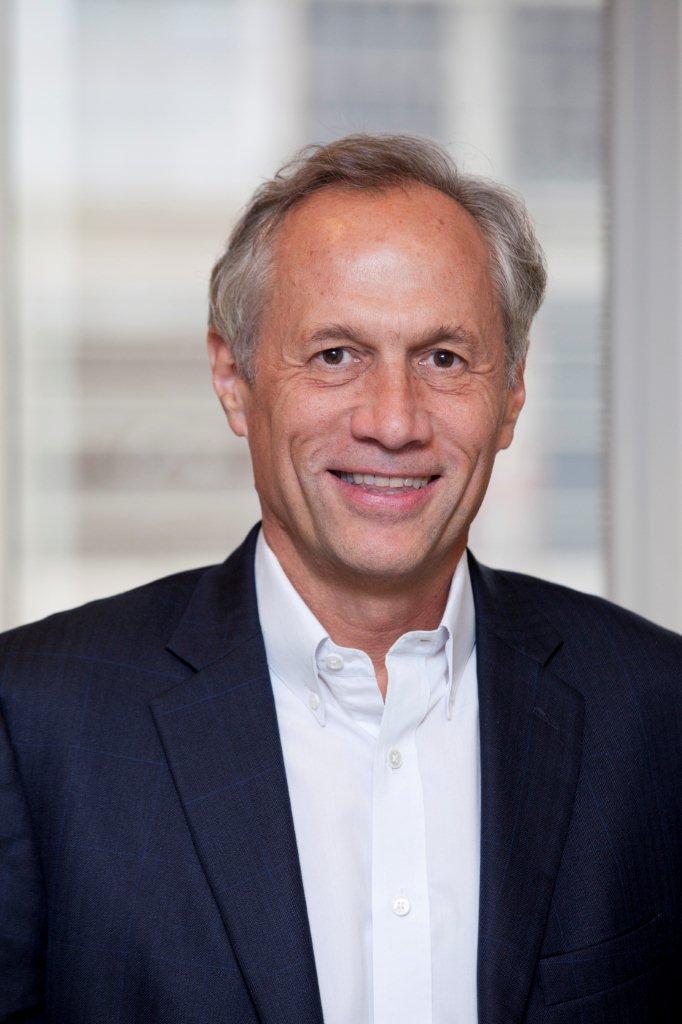Moving From Occupational Safety to Worker Health and Well-Being
An In-depth Interview with a Leading Business Expert on "Managing for Health"
Published 10-19-17
Submitted by Meridian Group International, Inc.
 Dr. James Allen
Dr. James AllenThe health and well-being of workers, particularly women workers, are vital for development and ripe for management innovation in factories, farms and other industrial operations in poorer countries.
Yet there is an enduring mystery: Why do managers of these formal workplaces – often suppliers to or subsidiaries of multinational corporations – see no problem with their onsite doctors, nurses or medics being inactive much of the day, sometimes doing little more than text on their phones? These managers would never accept idle resources in any other part of their operations.
“There is an illusory predictability about a healthcare service if it is only a reactive service – you are just paying fixed fees for the doctor or nurse to be waiting for something to happen,” says Dr. James Allen, a former chief medical officer with Unocal and Chevron in South East Asia for two decades.
In an extensive interview released today by the Evidence Project/Meridian Group International, Inc., Dr. Allen explains how he challenged this corporate blind spot and changed health management.
Companies look at workplace health in terms of occupational safety and health (OSH) compliance for workplace-related illness and injury, rather than as health promotion to support productivity. “There is no reason why the same group of health professionals cannot do both, but most businesses are oriented to the first perspective,” he says.
For businesses, wasting health resources that could be contributing to productivity is a loss for the company and its workers. For countries where women and workers need preventive care and access to reproductive health and other services, workplace health staff represent an untapped resource.
In the interview, Dr. Allen highlights the importance of:
“De-mystifying” health and medical functions;
Developing internally the business case for health and performance metrics for health staff;
Investing in nurses as “ideal workers in a complex organization” and giving them management roles;
Getting health staff out of the clinic and integrating them into operations teams; and
Addressing the ongoing gap in services for women’s health as the workforce changes.
Over 20 years, Dr. Allen was responsible for 14-17 countries and a medical staff of up to 350 people in over 60 clinics and one hospital. He helped introduce management innovations to make company doctors, nurses and medics more effective, more engaged in the overall health needs of workers, and more aligned with the business operations of the company. And he succeeded in changing the minds of senior management.
The workplace is increasingly viewed as a key social determinant of overall worker health, affecting wellness beyond what happens at work. Dr. Allen’s insights are relevant to business commitments on the Sustainable Development Goals, particularly Good Health & Well-Being (#3) and Gender Equality (#5), and Decent Work (#8) within their own operations and business relationships. His perspective is also aligned with the UN Global Compact’s Action Platform “Health is Everyone’s Business,” released in September to promote the role of companies in health.
Dr. Allen argues that a more comprehensive approach to worker health is applicable to a wide range of workplaces, even for those with fewer resources and health providers.
ABOUT THE EVIDENCE PROJECT/MERIDIAN GROUP INTERNATIONAL, INC.
The Evidence Project is a global USAID-funded project, led by the Population Council, that uses implementation science to expand access to high quality family planning and reproductive health services. A woman-owned small business, Meridian implements the RAISE Health Initiative, a major activity of the Evidence Project, and works with companies, global health groups, governments, and civil society organizations to promote practical steps for strengthening corporate health policies at the global level and establishing good practices in supply chains and in workplaces.

Meridian Group International, Inc.
Meridian Group International, Inc.
Meridian Group International, Inc. is a woman-owned, small business that designs innovative health programs, policies, and partnerships that benefit both business and society.
More from Meridian Group International, Inc.

